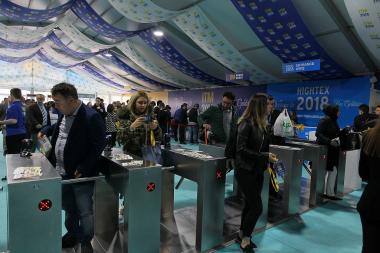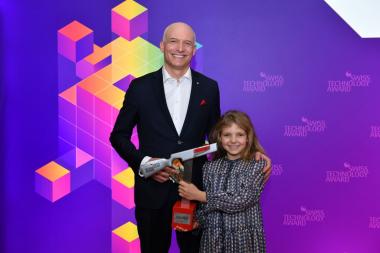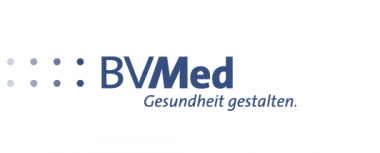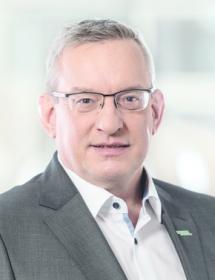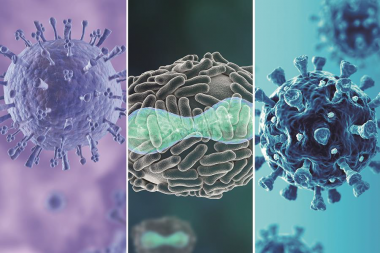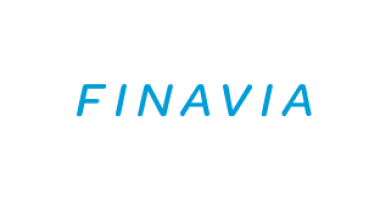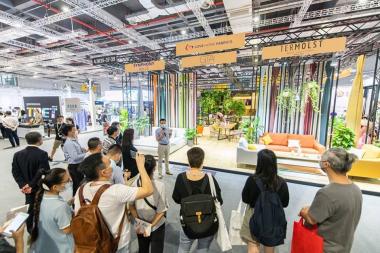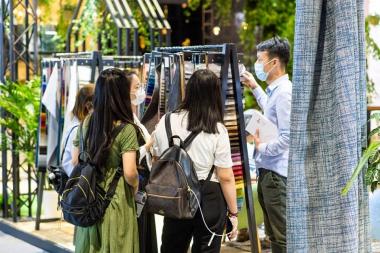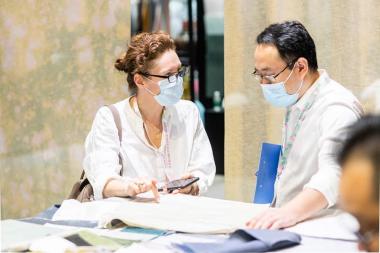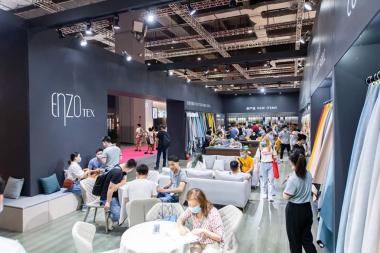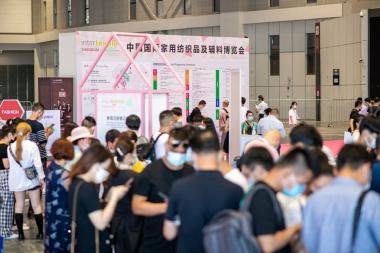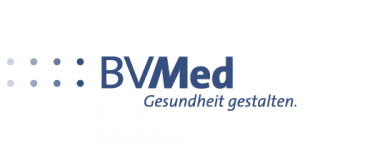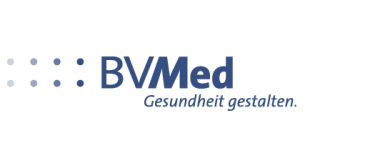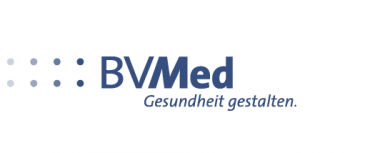AMAC cooperates with ITA
AMAC cooperates with ITA (Institute for Textile Technology of RWTH Aachen University and their ITA GmbH) for the business development in composites
As of April 19th, 2021, AMAC is pleased to announce its cooperation with the Institute for Textile Technology, ITA, of RWTH Aachen University and their ITA GmbH. The aim of the cooperation is to strengthen and develop their business activities in composites.
ITA, as one of the largest institutes on the campus of the excellence University RWTH Aachen, Germany, develops complete solutions from the manufacturing of the fiber itself over the processing of textile intermediates with thermoplastic and thermoset resins, textile-based part manufacturing, capabilities such as braiding, pultrusion and in-situ impregnation of textile preforms. Top 3 focused industries are transportation and particularly the e-mobility sector, building and construction as well as the wind energy sector. Additionally, ITA GmbH is the partner of the industry in R&D, focusing on 8 business segments, providing technology and knowledge transfer, as well as offering comprehensive solutions along the entire textile value chain.
Prof. Dr. Thomas Gries, Director of ITA, explains the background of the strategic cooperation with focus on composites: „Our long-term experience and unmatched know-how with all aspects of continuous fibers, non-wovens and web-based reinforcements allows us to deliver to the composite manufacturers a complete technology and service offer around the development of technical textiles, from the development of glass and carbon fibers to the textile-based processing of composite parts. In all process steps of our research and developments, we focus on sustainable and recyclable solutions, an efficient cost-performance ratio, the possible use of bio-based materials and the reduction of the CO2 footprint. We are glad to cooperate with Dr. Michael Effing and AMAC in order to benefit from his door-opening network in the composites industry. “
Dr. Michael Effing, Managing Director of AMAC GmbH: „I am very happy to support the ITA to generate innovation thanks to further industrial networking and pre-competitive joint projects. ITA is indeed a one-stop source for composite solutions from the fiber to the cost-efficient manufacturing of final parts. In the context of the Covid-19 impact to the entire industry, it makes sense to bundle forces. Furthermore, ITA, with its long tradition and satisfied customers offers further valuable networking opportunities to the composites industry as well as access to relevant complementary fiber-based excellence and 250 different technologies in their machine-park with an outstanding infrastructure in Aachen.”
Institut für Textiltechnik der RWTH Aachen University ITA Technologietransfer GmbHv AMAC GmbH Faserherstellung Composites
AMAC Communications














